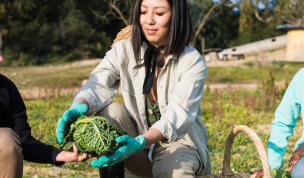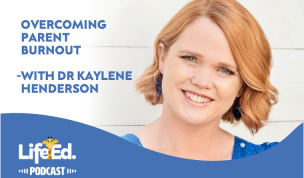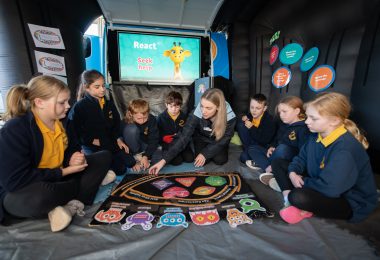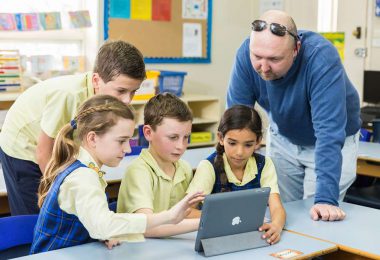Walking to school more than just exercise
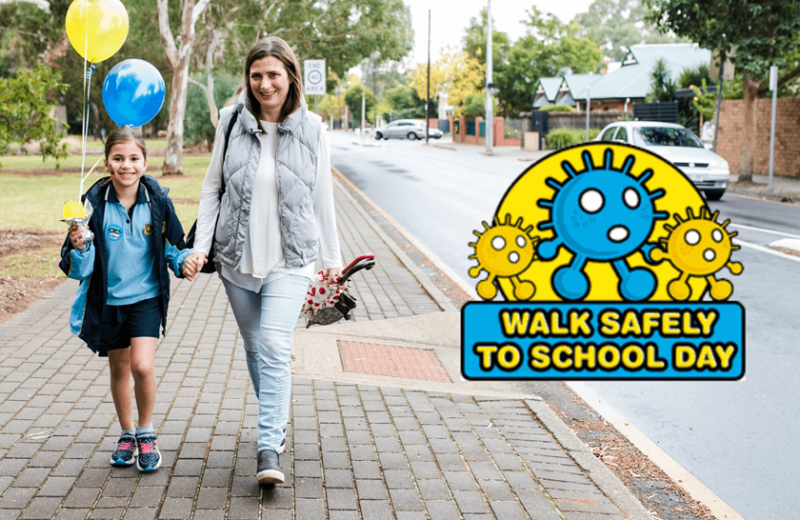
In the lead-up to National Walk Safely To School Day, Friday 11 September, the nation’s leading mental health expert, Professor Patrick McGorry AO has pointed to COVID-19 research showing a deterioration in exercise habits as a wake-up call for Australians to support children in healthy habits like walking to school.
Recent research by Headspace, ‘Coping with COVID: the mental health impact on young people accessing headspace services’, showed an alarming 86% of young people between the ages of 12 to 25, reported a negative impact on their mood, wellbeing or sleep since the outbreak, with 74% of young people saying their mental health was worse.
Prof McGorry, who is an Ambassador for the 2020 event, said: “the correlation between physical and mental health is clear. I am very concerned by worsening trends with the health and wellbeing of adults and young people as these will flow on to and impact the younger generation of children.
“The outlook for our kids’ health is increasingly grim if we don’t make much more serious efforts to keep them healthy and flatten the curve on the trends towards growing obesity and escalating anxiety and mental health issues,” he said.
Chief Executive Officer of Life Ed, Kellie Sloane agreed with Professor McGorry, saying: “We’re hearing from schools and parents right across the country that they are worried about the impact of COVID on children’s mental health and well-being and they are looking for our support and programs that build resilience.
“At Life Education we know that exercise is an important resilience-building tool for children and adults alike.”
The recent CSIRO report on the impact of COVID-19 on weight and emotional well-being identified 41% of Australians saying they are exercising less due to the pandemic. At the same time, the IBIS World survey of Australian Dietary Shifts during COVID-19 showed the percentage of overweight Australians would exceed 70% this year (2020-21), rising to 75% by 2024.
The Pedestrian Council of Australia promotes National Walk Safely to School Day to all schools in the country, encouraging children, parents and school communities to engage in the healthy habit of walking to school on Friday 11 September, and to encourage building walking into their everyday routine.
But most importantly, until they are ten, children must ALWAYS hold an adult’s hand when crossing the road and families are encouraged to walk in safe social distanced groups this year as they participate in the event.
National Walk Safely to School Day is a community initiative that aims to raise awareness of the health, road safety, transport and environmental benefits that regular walking (especially to and from school) can provide for the long-term wellbeing of our children.
Harold Scruby, Chairman and CEO of the Pedestrian Council of Australia said: “Even during COVID-19, many schools were still managing to make the day a celebration while still abiding by social distancing rules, organising a healthy breakfast at the school and other interesting activities.
“Even the Victorian schools in lock-down were playing their role by encouraging parents to get their children out for a safe walk on the day – and every day.
“So Step into Spring, Put your Feet First and Walk Plenty in 2020,” he said.
Top tips for parents to get their kids walking to school
- Until they are ten, children must ALWAYS hold an adult’s hand when crossing the road
- Walk some or if you can, walk all the way to school
- Get off the bus, train, or tram a few stops earlier and walk the rest of the way
- If you have to drive, leave the car at least 1km away from school and walk the rest of the way
- Set your alarm 30 minutes earlier to fit in a walk to school
- If you can’t walk in the morning, walk during lunchtime and walk home after school
Need more help?
If you’d like to find out more, or talk to someone:
Lifeline 13 11 14
Kids Helpline 1800 55 1800
Reachout.com


